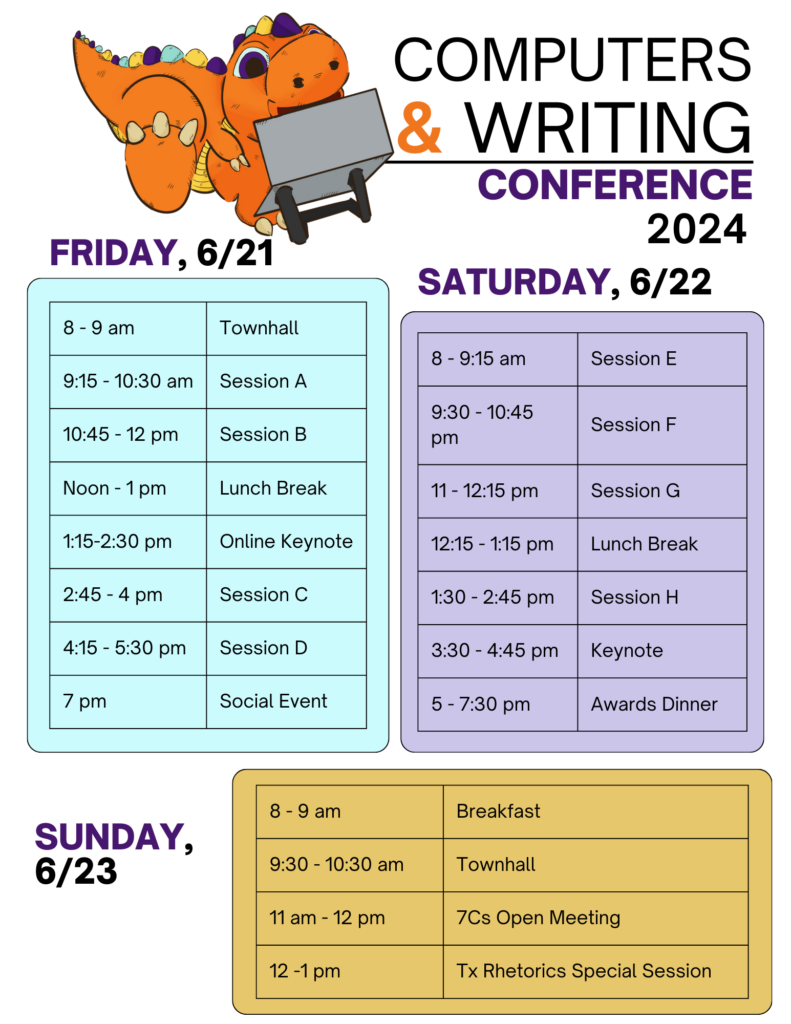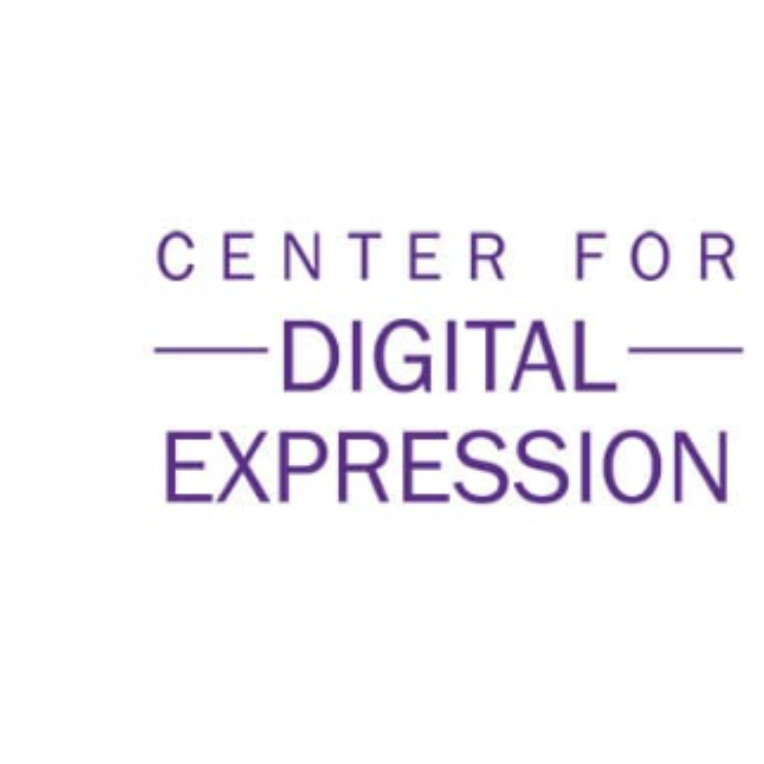
June 21-23 | Texas Christian University
Throughout the ongoing pandemic, digital tools have been heralded as solutions to pandemic-related problems. This historical moment features several disruptions to “business as usual” where the lines between work, play, and digital storytelling have been blurred. This theme is designed to explore those boundaries and to consider the impact of these tools moving forward.
In these tumultuous moments, there are opportunities for resistance and many more opportunities for oppressive structures to re-instantiate themselves. This theme recognizes this as a moment for storytelling, for recognizing the power of stories to determine material impacts. It is designed to center interdisciplinary discussions across rhetoric, composition, critical race studies, disability studies, Latinx studies, game studies, library studies, and more.
As the neoliberal academy ratchets up workloads and extends itself into our very bedrooms through telepresence, we respond with calls to play at work, to tell the stories the academy too often silences, to approach our play seriously, and to explore new opportunities for hybrid communities. This is a field-agnostic call for others to play, resist, and tell stories with us. Whether you are in writing studies, DH, media studies, or any discipline we might not expect, please come tell us how we can make space for your stories.
Question, Themes, Issues
- What is gained and/or lost when we tell the stories of lived experiences in the digital spaces we increasingly inhabit?
- What is the space/place for non-digital archives in an era of digital storytelling? How do we approach hybrid archives?
- Can we gamify work-life balance? Should we? What are the implications of gamifying work and possibly losing the boundaries between work and life?
- How does digital storytelling use play as a way to obscure labor?
- What opportunities for resistance does the metagaming of neoliberal work make possible? Can metagaming neoliberal work also reinscribe neoliberal ideals?
- How can we keep disability at the forefront when telling digital stories? What does it mean to design digital stories for disabled audiences first? Who does universal design leave out?
- How has the pandemic changed our habits of work and play in digital spaces?
- How can digital storytelling disrupt inequity and oppression, and what are the current challenges of doing this work?
- How do we make space for our students to resist or break the stories we continually tell them (through syllabi, assignments, etc.)?
Registration
Early Bird | Late
Regular Registration
$275 | $350
Student/Adjunct Registration
$200 | $250
Online-Only (Reduced) Registration
$75 | $140
Online-Only Registration
$150 | $200
Additional questions?
Reach out to the C&W team at candwconference@gmail.com.


Don’t miss out on Early Bird registration!
Sponsored by



